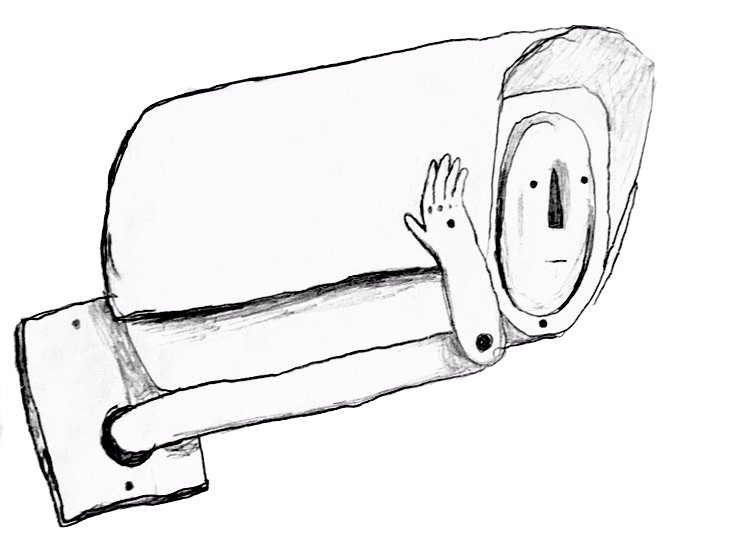
Recently, the University of California, Los Angeles (UCLA) has been under fire for considering the implementation of facial recognition software on their campus. After outcry from students, the university eventually went against this move. UCLA is not the only school considering puting facial recognition technology on their campus. Several other institutions such as the University of Illinois, Iowa State University and the University of Alabama are currently using the technology, and schools such as Princeton University, Duke University and George Washington University are still considering doing so. Using this technology on college campuses is wrong. There are still plenty of risks that come with facial recognition software.
Colleges all over the world have been using facial recognition technology for a number of reasons: monitoring attendance, intruder surveillance and food transactions, to name a few. UCLA was considering using this technology for security surveillance. However, due to the student body’s staunch opposition towards facial recognition technology to protect their privacy, the college did not go through with implementing it.
Tech companies are persuading colleges to implement such software. This is not okay. We should not be testing new technologies like this, especially when the students do not approve of it. It is an invasion of privacy and students should have the ultimate say on whether or not facial recognition is used on their campus since they are the people who live and use the facilities there.
While in many instances facial recognition has increased productivity and convenience, there are still vulnerabilities present with this sort of software. First, the accuracy of facial recognition is 97 percent according to Facebook and Google.
While that percentage is high, it does not guarantee that facial recognition will work for everyone all the time. Also, there is an increased risk that students’ data will be taken by hackers. Institutions will need to spend more money on data security that can cost thousands of dollars, making facial recognition technology a poor financial decision.
Administrators can forget that students are the main inhabitants of the college. Any idea that involves invading their privacy should not be entertained, especially with facial recognition. It is a costly technology and still prone to many errors. Yes, it has made little things convenient such as ordering food and taking attendance, but at what cost? The students at colleges considering using facial recognition need to stand up to their administration and fight for their right to privacy. Colleges are not playgrounds for technological experiments.
holmes7@stolaf.edu
Zack Holmes ’23 is from Falls Church, Va. His major is undecided.

